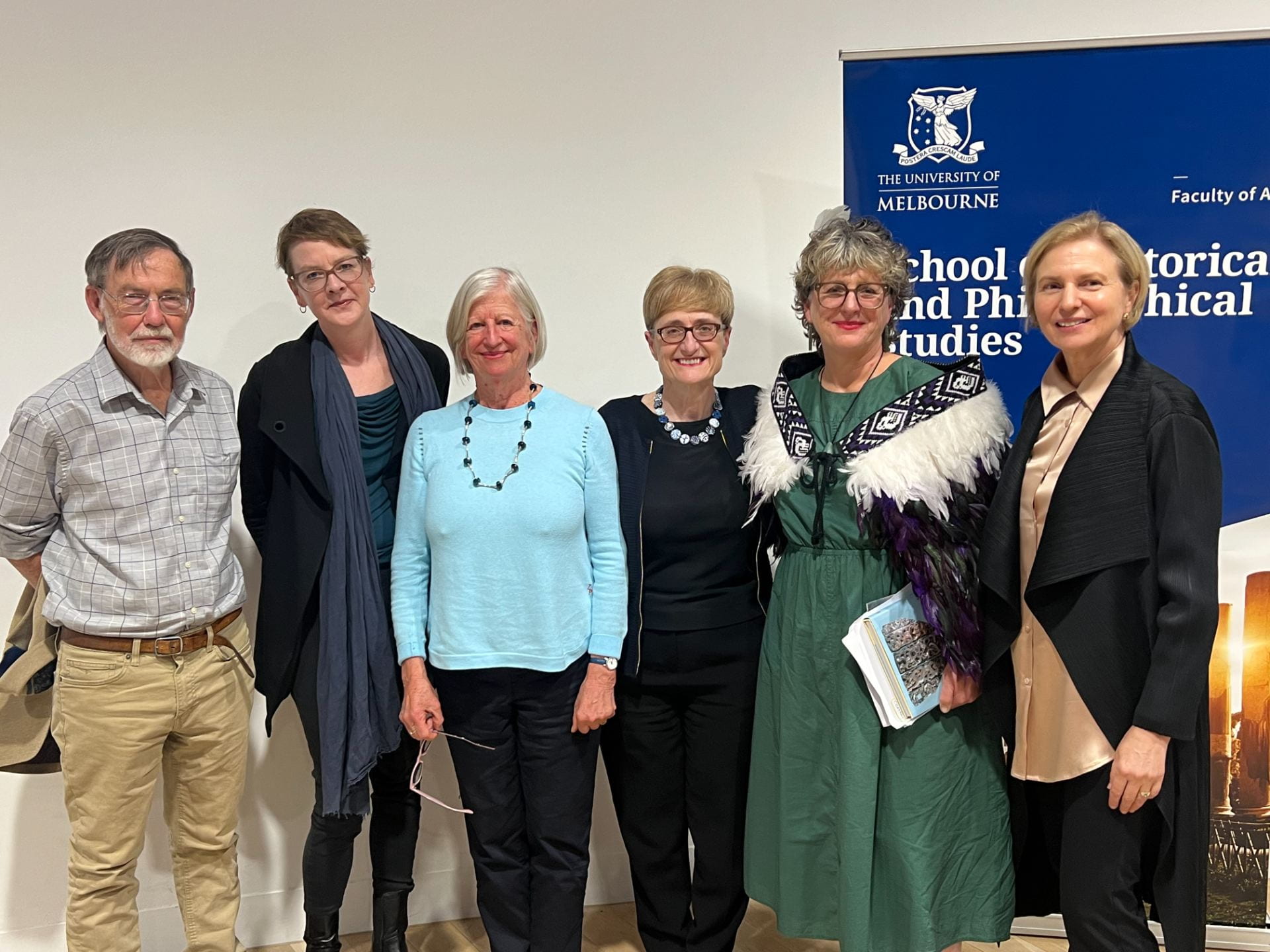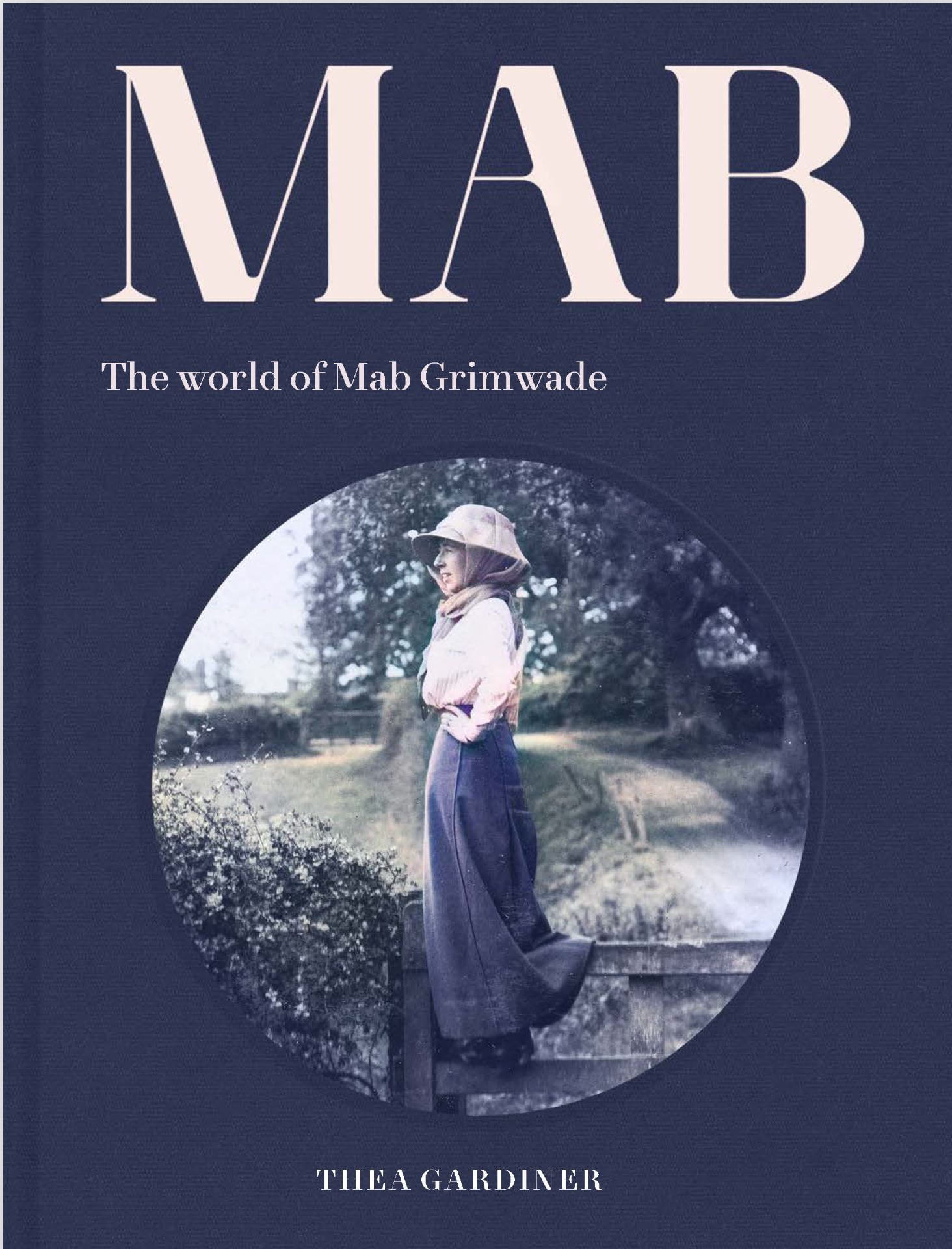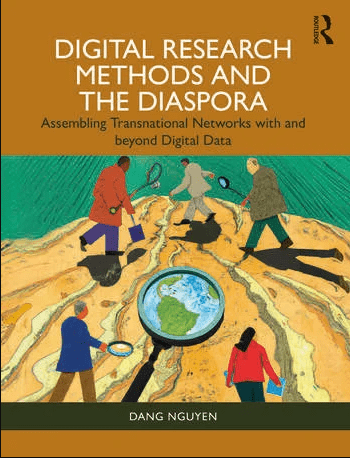
SHAPS Digest (September 2023)
Ángel Alcalde (History) delivered a talk entitled ‘Spain 1936: Decisions for Genocide’, for the Historical, Cultural and Critical Inquiry seminar, co-hosted by the Centre for the Study of Violence, at the University of Newcastle. The talk examines the decision-making process behind Francoist repression during the Spanish Civil War.
An edited excerpt from Russia’s War against Ukraine: The Whole Story (Melbourne University Publishing), the new book by Mark Edele (Hansen Chair in History, and Deputy Dean, Faculty of Arts) was published on Inside Story. The excerpt focuses on the history of Ukraine’s struggle for democracy.
Cat Gay (Hansen PhD scholar in History) had her work on nineteenth-century girlhood experiences of journeys to Australia featured on ABC Radio Melbourne.
Dan Halliday (Philosophy) was a guest on ABC Radio Melbourne where he spoke about the Working Fathers podcast, which explores what it means to be a dad in modern Australia.
Academic Publications
Jacinthe Flore (HPS), The Artefacts of Digital Mental Health (Palgrave Macmillan)
 The Artefacts of Digital Mental Health focuses on smartphone apps, wearables devices, and ingestible sensors, which are at the centre of research, development, and investment in mental health and digitalisation. The book aims to examine digital mental health through three artefacts that are defined by their ubiquity, everydayness, popularity, innovation and hype, and emergent qualities.
The Artefacts of Digital Mental Health focuses on smartphone apps, wearables devices, and ingestible sensors, which are at the centre of research, development, and investment in mental health and digitalisation. The book aims to examine digital mental health through three artefacts that are defined by their ubiquity, everydayness, popularity, innovation and hype, and emergent qualities.
It engages with theoretical approaches to technology, mental health, and wellbeing informed by Science and Technology Studies, sociological studies of health and mental health, and sociomaterialism. The book brings together different theories of mental health, subjectivity, the body, care, and digitalisation alongside biodigital artefacts as exemplars of transformations in digital mental health.
Thea Gardiner (PhD candidate, History), The World of Mab Grimwade (Melbourne University Publishing)
An exquisitely packaged hardback revealing the untold story of an influential Australian philanthropist. Born into a genteel family of pastoralists and investors in colonial Victoria, Mabel Louise Kelly (1887–1973), or ‘Mab’ to those who knew her, would grow up to make an enormous contribution to the arts, horticulture and early education in Australia. Most evidently, it was made through bequests to the University of Melbourne and through the donation to the university of a large, diverse and highly valuable collection of books and artworks.
 Mab’s life spanned a time of change that saw the building of cultural and social institutions in the state of Victoria and the new Australian nation. She married Russell Grimwade – chemist, botanist, industrialist and philanthropist – in 1909. Together they established the Russell Grimwade School of Biochemistry and provided funding for what would become The Miegunyah Press, an imprint of Melbourne University Publishing. Mab was invested in the future of Australian society, helping to nurture and conserve various cultural, civic and charitable institutions. She was an active fundraiser for and participant in many organisations, from the National Gallery Society of Victoria to the Royal Horticultural Society, the National Trust of Australia, the Australian Ballet, the Native Plants Preservation Society and the Free Kindergarten Union of Victoria. Treasured by her husband, Lady Grimwade was also honoured with the naming for her of The Mab Grimwade rose. In this richly illustrated biography, Thea Gardiner recreates the fascinating, gilded, international world of Mab Grimwade.
Mab’s life spanned a time of change that saw the building of cultural and social institutions in the state of Victoria and the new Australian nation. She married Russell Grimwade – chemist, botanist, industrialist and philanthropist – in 1909. Together they established the Russell Grimwade School of Biochemistry and provided funding for what would become The Miegunyah Press, an imprint of Melbourne University Publishing. Mab was invested in the future of Australian society, helping to nurture and conserve various cultural, civic and charitable institutions. She was an active fundraiser for and participant in many organisations, from the National Gallery Society of Victoria to the Royal Horticultural Society, the National Trust of Australia, the Australian Ballet, the Native Plants Preservation Society and the Free Kindergarten Union of Victoria. Treasured by her husband, Lady Grimwade was also honoured with the naming for her of The Mab Grimwade rose. In this richly illustrated biography, Thea Gardiner recreates the fascinating, gilded, international world of Mab Grimwade.
Dang Nguyen (PhD in HPS, 2023; now a Research Fellow at RMIT), Digital Research Methods and the Diaspora: Assembling Transnational Networks with and Beyond Digital Data (Routledge)
The computational turn in the social sciences and humanities has generated much excitement about the potential to refresh our approaches to the study of the techno-social. From natively digital to digitised data, researchers of digital diasporas increasingly find themselves working with a range of disparate digital objects. These digital objects can include anything from hyperlinks to timestamps, from platform behavioural metrics such as react, share, or retweet, to different media formats such as text, image, and pre-recorded or livestreamed videos.
 Taking these disparate objects into account, this book introduces digital methods as research strategies not only for dealing with the ephemeral and unstable nature of tracing the diaspora with digital data, but also for reconceptualizing digital diasporas as assemblages and networks of more-than-human actors. The book also introduces a range of theoretical perspectives and methodological techniques for studying digital diasporas as contingent and processual hybrid collectives of heterogeneous material, cultural, and practice-based assemblages.
Taking these disparate objects into account, this book introduces digital methods as research strategies not only for dealing with the ephemeral and unstable nature of tracing the diaspora with digital data, but also for reconceptualizing digital diasporas as assemblages and networks of more-than-human actors. The book also introduces a range of theoretical perspectives and methodological techniques for studying digital diasporas as contingent and processual hybrid collectives of heterogeneous material, cultural, and practice-based assemblages.
This book will be essential reading for students and scholars interested in the digital space and transnational communities.
Ángel Alcalde (History), ‘The Path to Mass Murder: Rebel Decision Making and Francoist Power in the Spanish Civil War’, Journal of Modern History
This article analyses the decision-making process of Francoist repression during the Spanish Civil War. Most historians assume that the different phases and methods of Francoist repression were manifestations of a single ‘extermination plan’ allegedly drafted by anti-Republican conspirators before the war and implemented immediately following the coup d’état of 17–19 July 1936. By carefully observing the escalation of the rebels’ repressive policies and decision-making processes in July and August 1936, this article revises that interpretation. It argues that a repressive exterminatory policy that disregarded all legal considerations was the result of a number of incremental decisions made between July 23 and July 31, 1936, by Generals Queipo de Llano, Franco, and Mola. Drawing inspiration from a long historiographical tradition in holocaust and genocide studies, the article discusses the contextual factors and power dynamics behind these decisions. It shows how the rebels secretly and gradually implemented the exterminatory policy in rebel territory throughout August, and how their policy was reinforced by Franco’s accession to absolute power.
Our graduate Rustam Alexander‘s book Red Closet: The Hidden History of Gay Oppression in the USSR (Manchester University Press) was reviewed (full text is behind paywall) in the Gay and Lesbian Review Worldwide.
Oleg Beyda (Hansen Lecturer in History) and Igor Petrov, ‘Rites of Janus: The Educated Life and Crimes of Dr Hans Beutelspacher’, Mètode Science Studies Journal
The history discussed in this article shows that the limits of (in)humanity are malleable and readily shifted. Whirled in the chaos of life, ordinary people may suddenly be transformed into monsters, and later, may return calmly to their former nature. It remains unclear why these limits prove so diffuse. Dr Hans Beutelspacher, whose life story took us ten years to reconstruct, traced this path in both directions, and thus came to embody yet another mystery of the human mind. The possessor of an educated and inventive intelligence, he toyed with monstrous behaviour during World War II, before returning just as effortlessly to his ‘human’ and even benevolent state, later developing a prominent career in the field of soil biochemistry.
Awards and Appointments
Nat Cutter (History) has been awarded the 2024 Mary Lugton Fellowship. Nat will be working on Ottoman Africa in the Mediterranean World: British Merchants, Networked Trade.
Charlotte Millar (History) has been awarded a 2024 Melbourne Research Fellowship. She will be focused on her project, Ghosts, Emotions, and Supernatural Space in Early Modern England.
Petronella Nel (Cultural Materials Conservation) was the successful recipient of McCoy Seed funding for Improving Materials Testing for the Display and Storage of Museum Collections.
Iryna Skubii, currently a PhD candidate Queen’s University (Canada), will be joining us next year as the inaugural Mykola Zerov Fellow in Ukrainian Studies. This research fellowship has been made possible due to the generosity of the Association of Ukrainians in Victoria, for which we are immensely grateful. Iryna’s research focus is on food, famine and material cultures in Soviet Ukraine. We are looking forward to Iryna’s arrival in early- to mid-2024!
PhD completions
Divya Rama Gopalakrishnan (PhD in History) ‘Venereal Diseases and Bodily Excesses: A Social History of Contagions in the Madras Presidency (c1780 to 1900)’
This thesis investigates the discourses around bodily excess and venereal diseases in colonial South India, or, as it was known in the nineteenth century, the Madras presidency. It highlights the epistemological exchange between Europe and the colonies regarding sexuality and venereal diseases and traces the colony’s contribution to ideas of public health, morality, and sexuality. Firstly, it shows how venereal disease — a disease essentially associated with the British army — came to be seen as a threat to ‘public health’, prompting the colonial government to try to control the disease among the European population, Indian prostitutes, and the general Indian population. Secondly, it examines the British claim to moral superiority, and how venereal diseases among British troops, and the administrative struggles to discipline the British army in the colony, threatened to tarnish this claim. Thirdly, the thesis studies colonial surveillance and its impact on women’s lives in India in the nineteenth century. It underlines the position of women in public, both European and Indian women who were suspected of practising prostitution in the colony and the British attitude towards them. Fourthly, it explores the anthropometric methods used in the lock hospitals to discriminate against and criminalise Indian women suspected of being prostitutes. Fifthly, the research emphasises the fractured nature of the colonial hegemony, highlighting the vital role of Indian agency in policy implementation regarding venereal diseases. Finally, it also attempts to retrieve subaltern women’s voices in the scattered sources masked by colonial authority, and by doing so traces the subaltern resistance and agency of women in lock hospitals.
Supervisors: Professor Andrew May, Associate Professor Kat Ellinghaus (La Trobe)
Stuart Ibrahim (PhD in Classics & Archaeology) ‘The North Sinai Transformed: Third Intermediate Period / Iron Age I–II Raphia and Egypt’s response to the changed political spectrum in the Levant’
When the decades-long process called the Bronze Age collapse ended the globalization that characterized the Late Bronze Age eastern Mediterranean, there was a massive upheaval that saw most of the great powers dissolving or being destroyed. While Egypt survived this ordeal, it was forced to discard the fortresses and settlements erected in the north Sinai and southern Levant, dubbed the ‘Ways of Horus.’ All later Egyptian interactions with the Levant were mercantile in nature, until the reign of the Libyan king Shoshenq I (c943–924 BCE). This study investigates the fate of the ‘Ways of Horus’ forts during the Third Intermediate Period between the New Kingdom Egyptian withdrawal and Shoshenq’s Levantine campaign, via the Egyptian references to these sites and the available archaeological evidence in the region. Identifying when the texts no longer mention the north Sinai forts will provide a potential terminus post-quem for their abandonment, while the archaeological evidence confirms which sites were never reoccupied or which were only later used by other factions. The various interpretations of the Bubastide Portal, the primary record of Shoshenq’s campaign, are also examined, to assess how he undertook his campaign in the Levant. Ultimately, an analysis of the archaeological and textual evidence confirms that the north Sinai sites next to the eastern Nile delta remained Egyptian settlements, while most of the remaining sites were permanently abandoned. Even then, this process was gradual, starting during the reign of Seti II (c1199–1193 BCE) and concluding under Ramesses VI (c1141–1133 BCE). Nomads, Philistines and Canaanites then took over those sites that were left, the first group occupying Kharuba (xarwba) 289 and either nomads or Canaanites living in the case study site of Rafah. The analysis of the Bubastide portal City List shows that Rafah fell under Egyptian control, at the beginning of Shoshenq’s Levantine campaign, before later returning to its previous occupants or entirely new ones, when Egypt abandoned the region again.
Supervisors: Professor Louise Hitchcock, Dr Brent Davis
Research Higher Degree Milestones
Faye Chan (PhD completion seminar, History) ‘Citizenship vs. Alienage and the Intersectionality of Law, Race and Gender: The Legal Status of Chinese Indonesian Women, from the 19th Century until 2014’
My thesis explores the legal journey of Chinese Indonesian women, spanning from the Dutch colonial era in the Dutch East Indies (colonial Indonesia) to the first decade and a half of the twenty-first century. Starting with the legislation that regulated the different population groups in the Dutch East Indies, the research delves into the subsequent legal instruments and government policies enacted by nationalist governments in relation to Indonesian citizenship. The primary focus is on understanding the legal status of Chinese Indonesian women and examining how they were impacted by specific laws. Additionally, the thesis aims to shed light on the various challenges these women faced and how they navigated through them. Through a comprehensive analysis, this research seeks to uncover the underlying factors and motivations that shaped the legal landscape for Chinese Indonesian women over this extensive period.
SHAPS staff, fellows, students, alumni: if you have news items for the monthly SHAPS digest, email us the details.